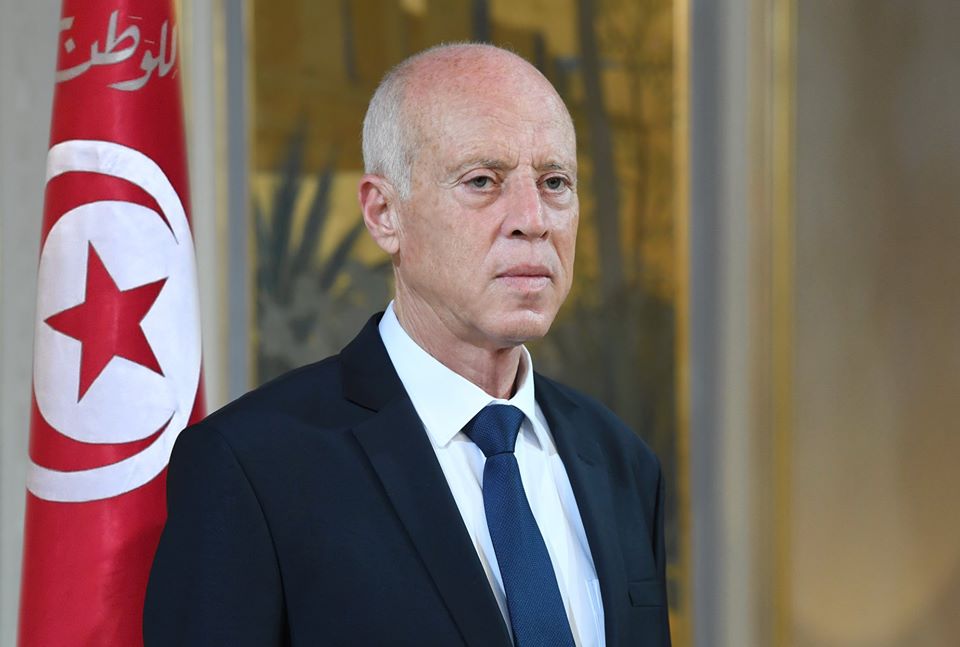TUNIS, (Reuters) – Tunisia faced its biggest crisis in a decade of democracy yesterday after President Kais Saied ousted the government and froze the activities of parliament, a move his foes labelled a coup that should be opposed on the street.
In a statement late on Sunday, Saied invoked the constitution to dismiss Prime Minister Hichem Mechichi and decree a freeze of the parliament for a period of 30 days, saying he would govern alongside a new premier.
The move came after a day of protests against the government and the biggest party in parliament, the moderate Islamist Ennahda, following a spike in COVID-19 cases and growing anger over chronic political dysfunction and economic malaise.
It poses the greatest challenge yet to Tunisia after its 2011 revolution that triggered the “Arab spring” and ousted an autocracy in favour of democratic rule, but which failed to deliver sound governance or prosperity.
In the hours after Saied’s announcement, huge crowds gathered https://www.reuters.com/world/middle-east/supporters-tunisian-president-celebrate-government-ousting-with-cheers-fireworks-2021-07-26 in his support in Tunis and other cities, cheering, dancing and ululating while the military blocked off the parliament and state television station.
Parliament Speaker Rached Ghannouchi, the head of Ennahda, which has played a role in successive coalition governments, decried the moves as a coup and an assault on democracy.
In the early hours of Monday, Ghannouchi arrived at the parliament where he said he would call a session in defiance of Saied, but the army stationed outside the building stopped the 80-year-old former political exile from entering.
“I am against gathering all powers in the hands of one person,” he said outside the parliament building. He earlier called Tunisians to come onto the streets, as they had done on the day of the revolution in 2011, to oppose the move.
Dozens of Ennahda supporters faced off against Saied supporters near the parliament building, exchanging insults as the police held them apart, televised pictures afterwards showed.
Saied, a political independent who swept to office https://www.reuters.com/world/middle-east/tunisian-president-is-political-outsider-accused-coup-2021-07-26/?utm_source=twitter&utm_medium=Social in 2019 after campaigning as the scourge of a corrupt, incompetent elite, rejected accusations that he had conducted a coup.
He said his actions were based on Article 80 of the constitution and framed them as a popular response to the economic and political paralysis that have mired Tunisia for years.
However, a special court required by the 2014 constitution to adjudicate such disputes between Tunisia’s branches of state has never been established after years of wrangling over which judges to include, allowing rival interpretations of law.

